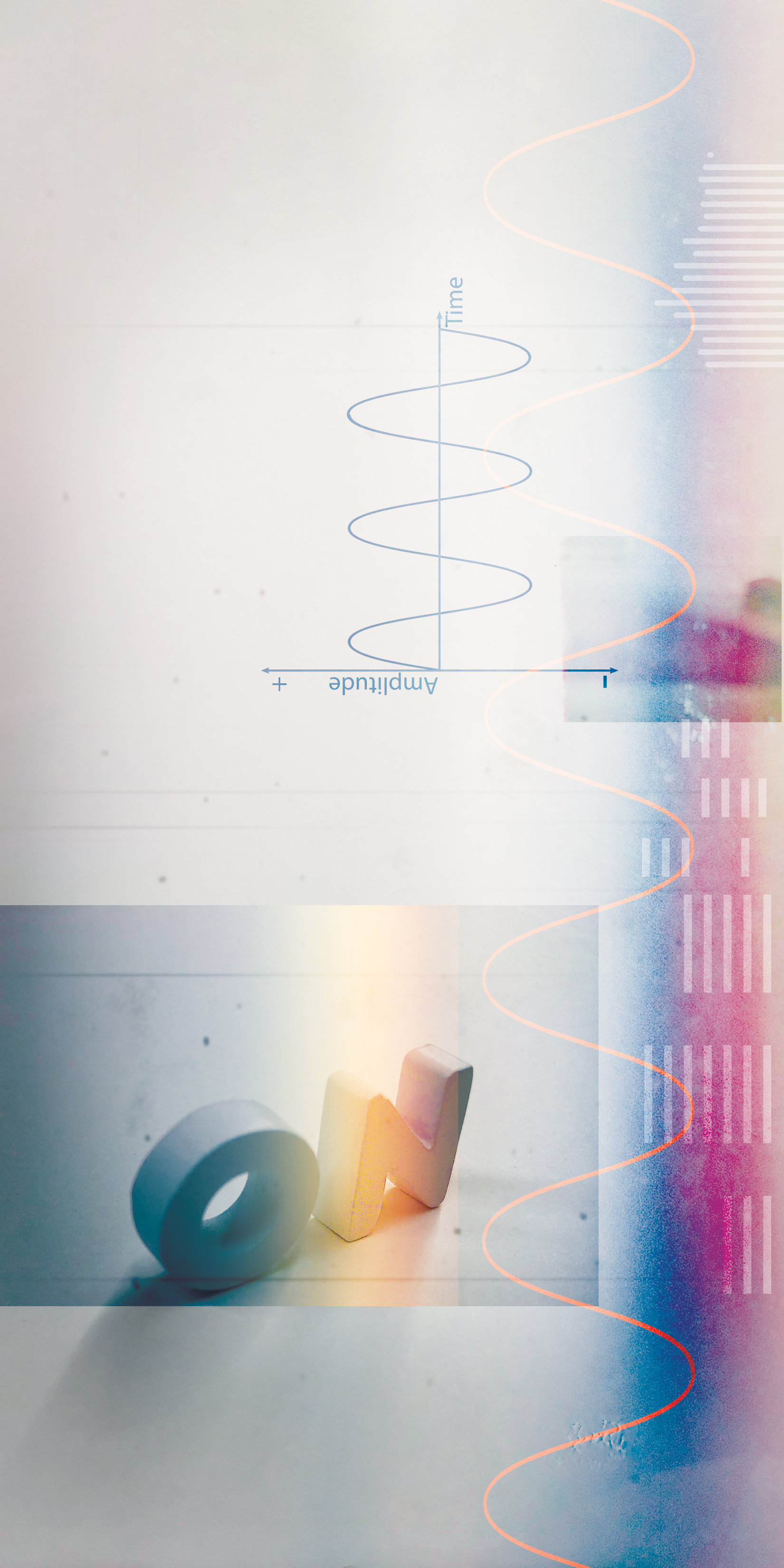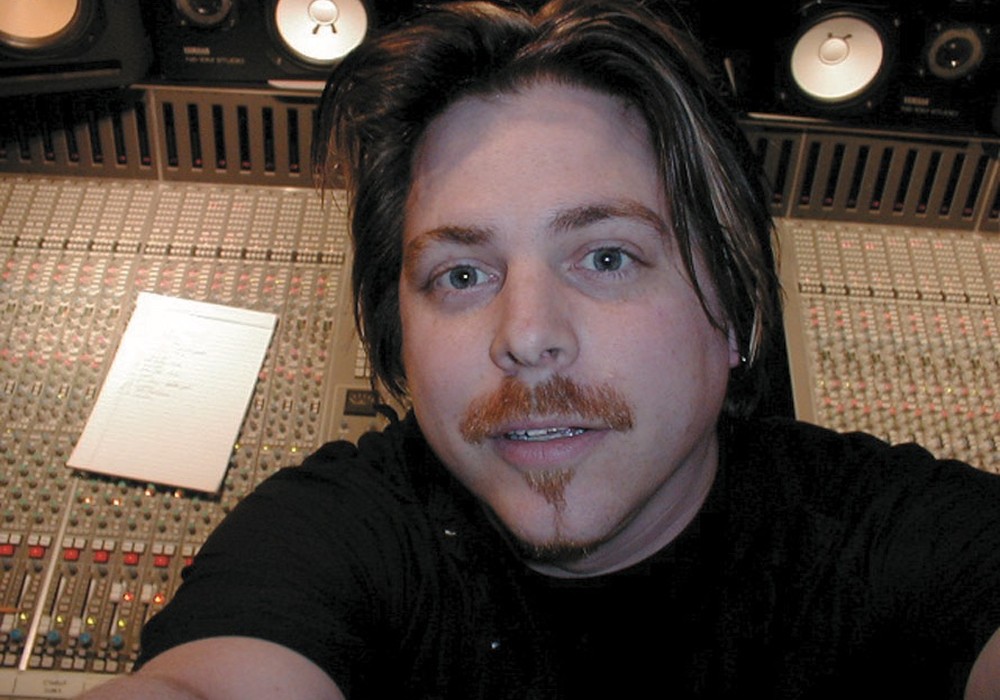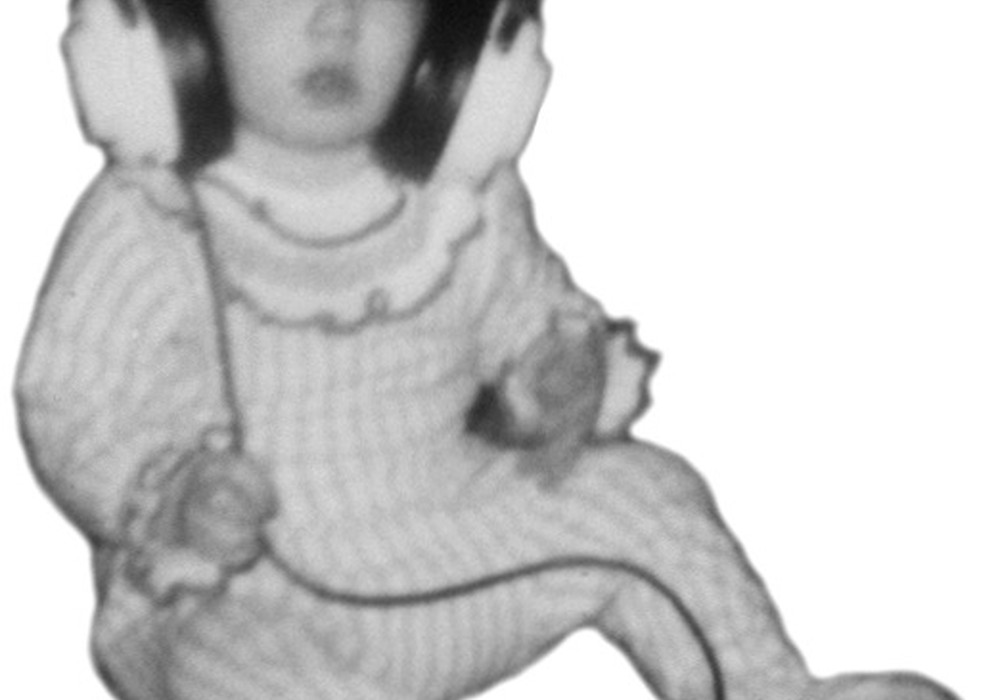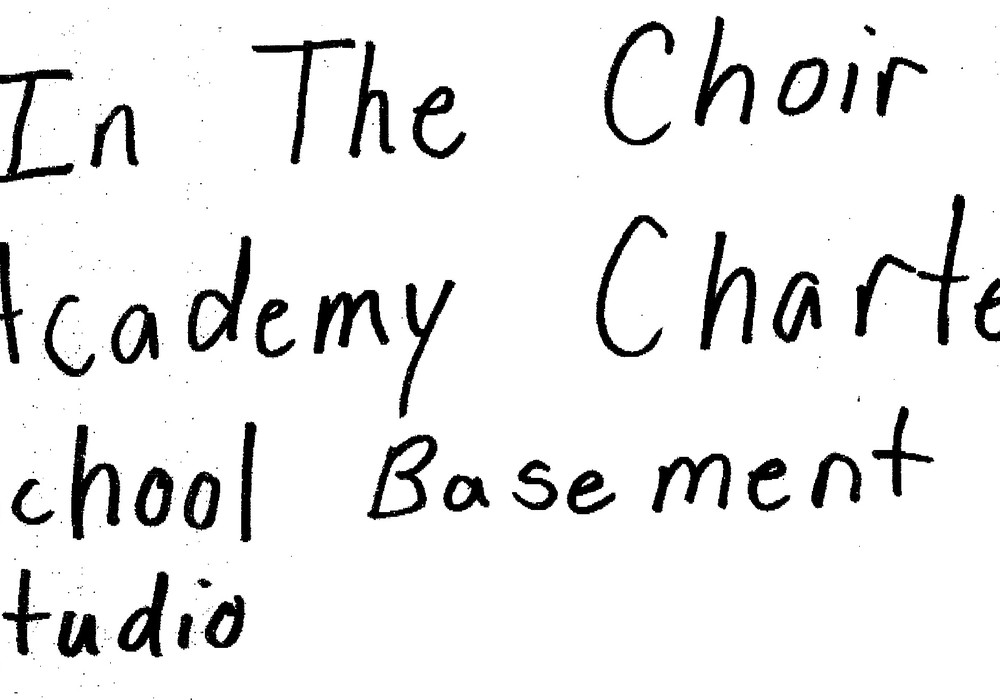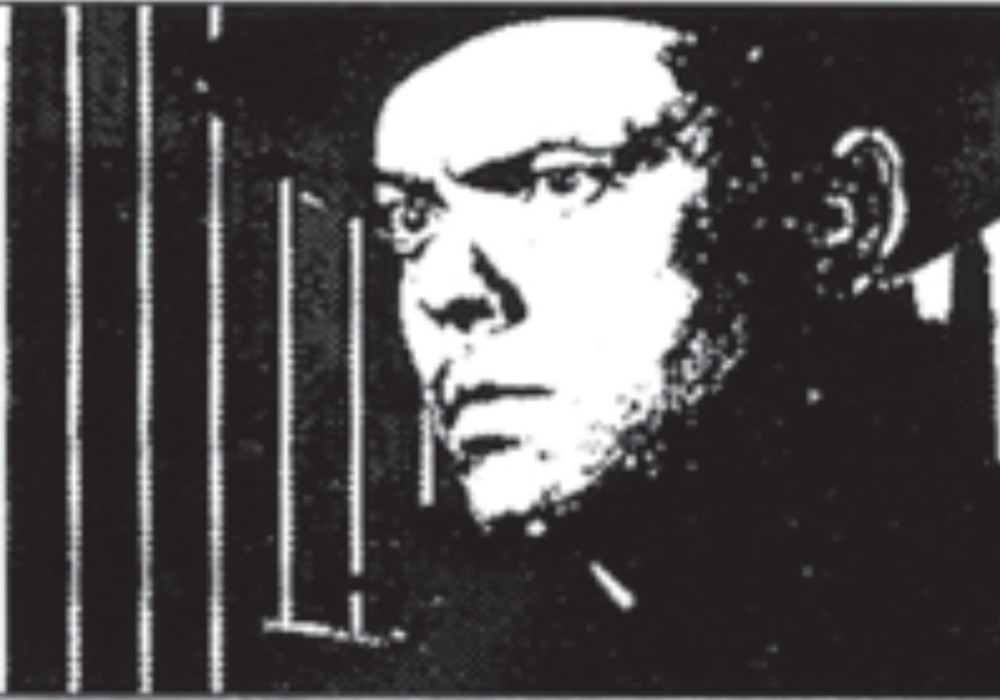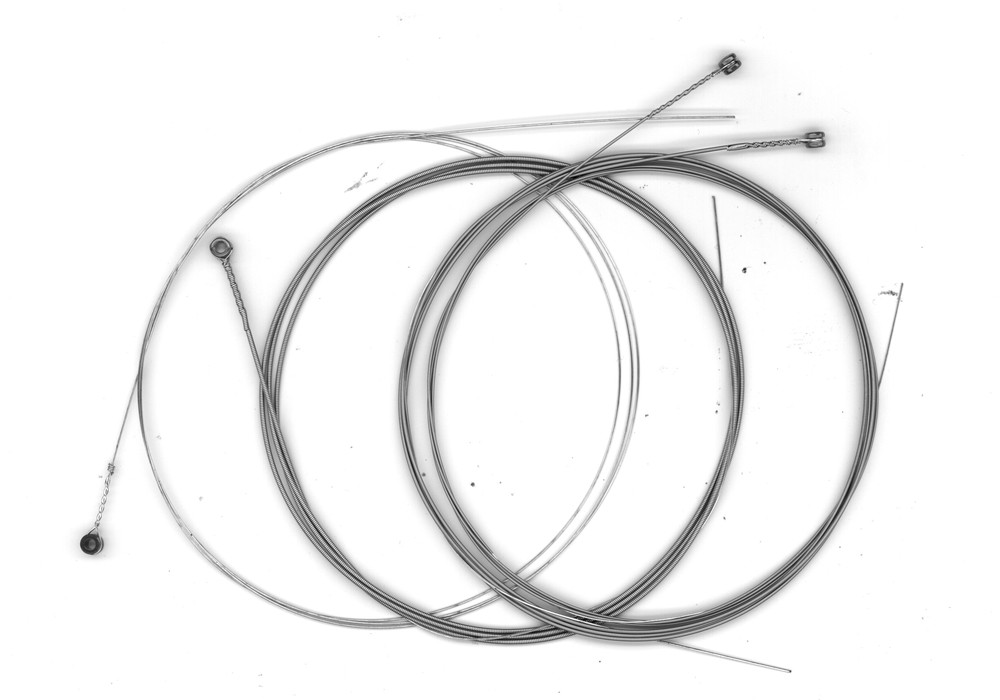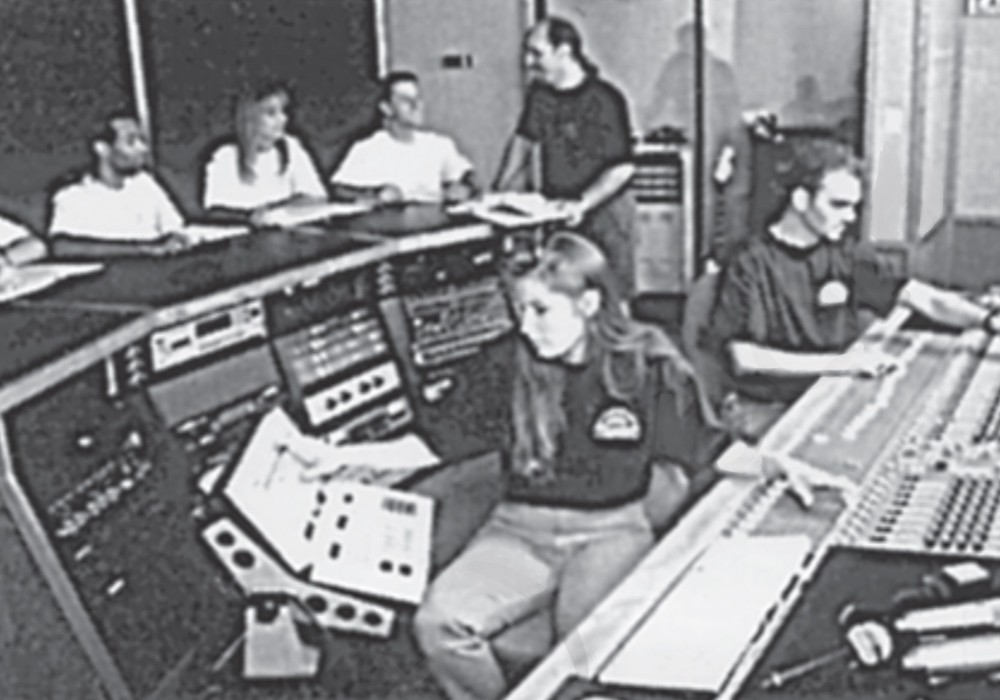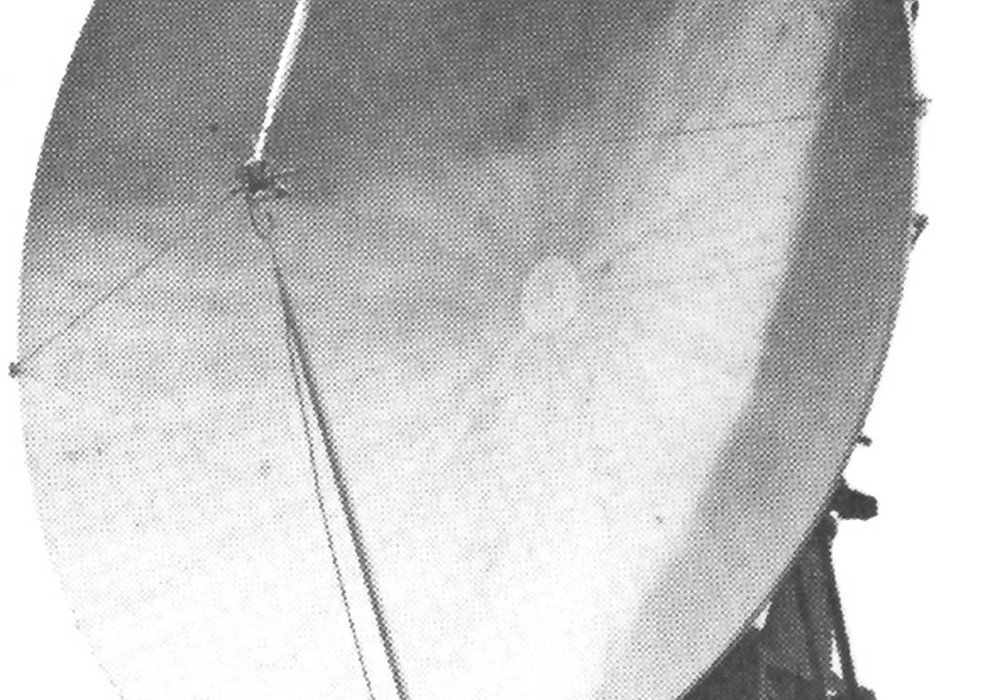There's a new record out on Chapter Music of Melbourne, Australia, which collects the entire recorded output of Andrew Wilson onto one CD. Wilson's bands, the Four Gods, Frontier Scouts and Andrew Wilson and associates, were never huge sellers in their own country, let alone around the world. However the material bears reissue, for a number of reasons. One, is the interest that is sure to be generated by the special guests involved The Four
Gods single, for instance, was not recorded by the original band, but by Wilson backed by two of the Go- Betweens, Lindy Morrison and Grant McLennan. One of the Frontier Scouts tracks features feedback generated by the late David McComb, once of The Triffids. Additionally, few people who hear these songs fail to find the sound and the scope of the tracks outstanding. The Four Gods were part of the milieu that produced the early '80s Brisbane sound — the most famous exponents of which were the Go-Betweens. It's music that deserves to be heard.
The Project
Luckily, when it came to compiling the tracks for the release of what was to be known as Amateurism, we had the full co-operation (and trust, which was useful) of Andrew Wilson himself, and access to the original tapes for all, bar one of the releases. The master tape for the Frontier Scouts single "When Daddy Blows His Top" b/w "Out of Your Shell" had gone AWOL sometime in the 16 years since it was released. Probably even before it was released, when the tapes were used for the soundtrack to a video, which was made for the single at the time. However, we were lucky enough to have access to a near-mint vinyl copy of the single. In addition to the 13 tracks that had been previously released: two singles, two 12" EPs. We also decided to include five unreleased tracks. Three of these were rehearsal recordings by the original Four Gods, from cassette — probably 2-track recording mixdowns, but no one's sure. We also had access to an entire live show from 1984, which had been recorded in stereo to reel-to-reel one night when the Frontier Scouts played at the South Brisbane Rugby League Club. Our friend Mark Louttit, a former Brisbane-ite, (who used to do live sound for bands in the late '70s and early '80s, and who made the original recording) says he recorded the set directly out of the mixing desk onto a TEAC A-3440 4-track recorder. The 4-track was equipped with four custom built companders (noise reduction units) which were designed and built by my brother, John. The 4-track tape was later mixed in stereo onto a TEAC A- 2300SX, which was also equipped with companders. The same TEAC A-2300SX machine was used in the transfer to computer. We selected two songs from this set, one of which, was a song ("Belmondo") that was also done by the Four Gods. Both bands versions appear on the finished product, for contrast. Annoyingly, (though this is surely the outcome of almost every trawl for a long gone band's back catalogue) a lost tape kept hovering into view every so often, in this case a recording session the Frontier Scouts had done with Victor Van Vugt. These days, he's a producer noted for his work with Nick Cave, Luna, etc. Andrew got in touch with Victor, who recalled the session but didn't have a tape. He then set out looking for the other members of the band and to this date, he hasn't managed to find it. The lost tape has stayed lost. We're hoping that the release of Amateurism will jog someone's memory and disgorge it in which case we'll stick a found lost song on the next Chapter archive release, a compilation of late '70s/early '80s Australian underground music.
The Process
From a mastering viewpoint, the project presented challenges. The first of these was that the sourcematerial was on a variety of formats (often older formats like 1/4 " tape), with different songs made at different times in different studios. Often, data like tape speed, use of noise reduction, and method of recording, were unavailable. Most of the tapes were of unknown or dimly-remembered quality and had probably not been played since they were recorded in the '80s. The second problem was that the age of the source tapes made them fragile. We generally had the only existing masters of the songs, and any songs that we damaged would probably be lost forever. So, every time we put a tape on to play, we had to make sure that whatever sound came off it was captured the first time, in case the tape immediately broke or disintegrated. I (Greg) have played ten year old tapes on my reel-to-reel, where the emulsion fell off the tape so quickly that I had to clean the heads after each play — and there were only a few plays available. To collate the songs, we recorded each of them from source to computer hard disk. The computer was an average Pentium running Windows 98, with a CD burner and a Creative Labs "Live" sound card. The sound editing software was Sound Forge — other software came free with the hardware. This is all standard consumer gear now, and does a fine job for the price. We played the 1/4" tape masters on a multitrack reel-to-reel tape deck, selecting playback tracks so as to get the stereo right. We were lucky with tape speeds and noise redux, and everything, basically, sounded okay. Despite our trepidation, none of the tapes broke during mastering. There was, however, a glitch in one live song that sounded like stretched tape. It seemed to be permanent. We tried to fix it using the variable pitch-shift feature in Sound Forge. You set an envelope, which controls a variable amount of shift during a selected piece of sound. It wasn't overly successful — you have to fiddle for hours to mimic (in reverse) the stretching on the tape. The decision was finally made, as so often seems to happen, to retain the quivering few seconds as, let's say, a reminder of the pre-digital (and pre-recording Walkman?) days. We played the vinyl on a good turntable. We reduced clicks and pops in Sound Forge, and boosted bass, which seemed to be too quiet. The cassette was played on an old Akai cassette deck with glass ferrite heads, which gives very high quality playback. Most songs were improved by removing tape hiss, using the noise reduction plug-in in Sound Forge. This is a handy tool when dealing with old tapes, which can sometimes be unbearably hissy. The plug-in can remove hiss without noticeably affecting the original material, as would happen with EQ. (CoolEdit has a similar feature which seems to be just as good). Andrew decided he'd prefer to order the songs chronologically from the rehearsal tapes, on which was his prerogative, though some might suggest that the 1980 Four Gods tracks weren't the most inviting thing on the CD. The songs were not all from different dates, of course, but in clusters from different eras, so a bit of imagination went into the way they are actually sequenced. To check song order and relative loudness, we played the tracks in order from the hard disk, using wav. player software that comes with the Creative Labs card. Where necessary, tracks were compressed or volume-adjusted in Sound Forge. Finally, the tracks were burned in order onto the master CD. CD-R is generally more useful than DAT at this stage, if you want to pass copies around to all the people who need to check it (almost everyone has a CD player; almost no one has a DAT player). When the right CD-R was approved, it was sent to the pressing plant as the duplication master for the album. Cover art was compiled from old pictures of the Four Gods early '80s colour shots, once again from Mark Louttit's collection and designed by Andrew Wilson and Mia Schoen. The finished product, a valuable piece of Australian music history and a very listenable album is available from Corduroy Records. And there's even more information on the album at the Dave Graney Show website.
